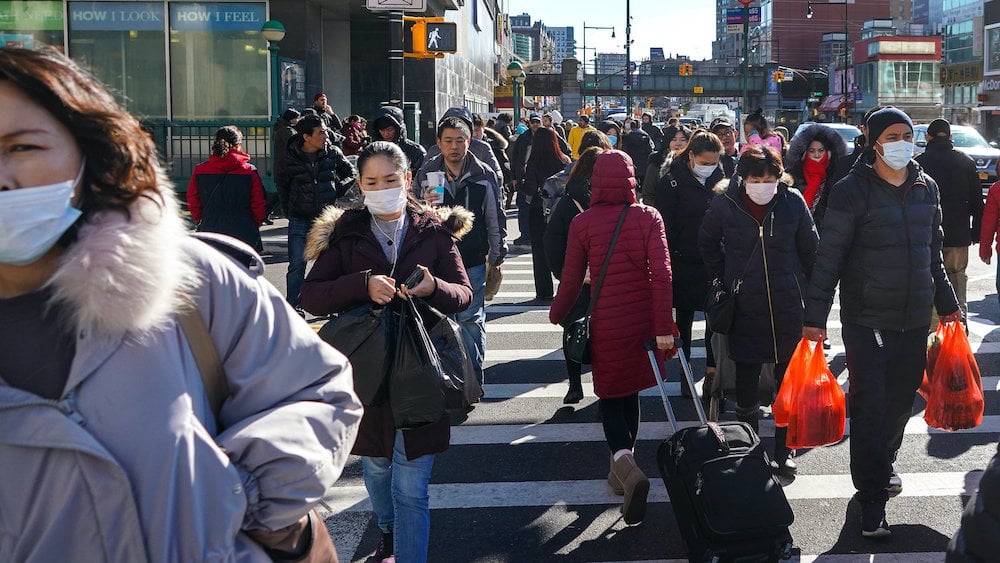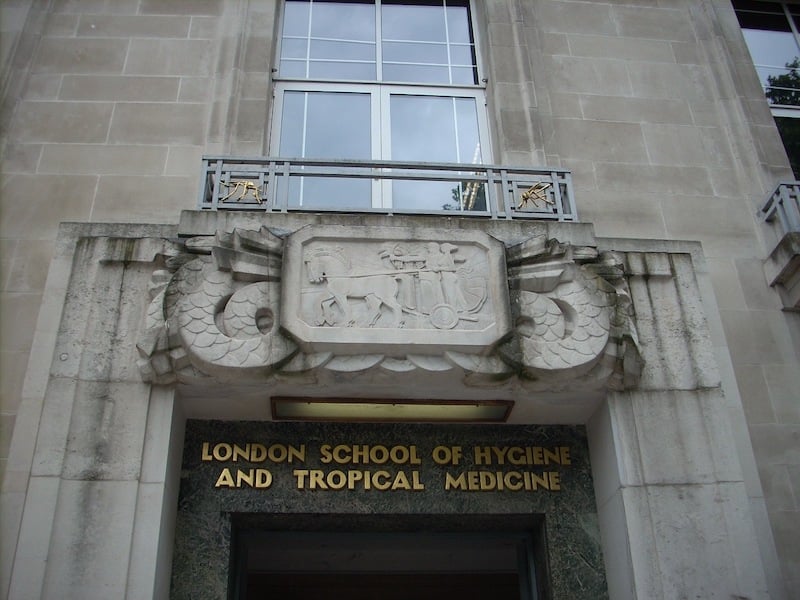
Going away for the holidays? Keep track of international travel restrictions
With COVID cases spiking and a vaccine being a ways away from distribution, travelling for the holidays is a very risky endeavor. However, in some cases, it cannot be avoided. If you’re buying your tickets to go home for the holidays this season, here’s your guide to travel restrictions as they stand.

How to prepare
Ultimately, the Centers for Disease Control and Prevention have recommended people avoid holiday travel at all costs. As numbers have only climbed, Thanksgiving protocols still stand. Back in November, the CDC’s COVID incident manager, Dr. Henry Walke, “recommended against travel during the Thanksgiving period.”
He continued: “The tragedy that could happen is that one of your family members is coming to this family gathering and they could end up severely ill, hospitalized, or dying. And we don’t want that to happen. These times are tough, it’s been a long outbreak, almost 11 months, and we understand people are tired.”
However, if you are planning on travelling, there are some mandates you should be aware of. Most U.S. states urge any outside visitors to quarantine, but some will accept a negative COVID test instead.

U.S. State regulations
All states have COVID regulations, which can be checked out on individual state websites. Here are rules for some of the the most travelled-to states:
In California, you’re asked to quarantine for fourteen days, and all residents are asked to avoid out-of-state travel when possible. Quarantining for fourteen days is also suggested when entering Connecticut, but a negative test that was taken seventy-two hours before arrival is also acceptable.
Unless you’re an essential worker, when travelling to New York, you must quarantine for fourteen days. You also have the option to submit a negative COVID test, or quarantine for three days, and then get another test a couple days in. If that test is also negative, you are allowed to leave your quarantine.

International travel regulations
Because airplanes are a hotspot for COVID infections, international travel regulations are a little more rigorous. Australia, for example, only recently accepted its first passenger flight in five months, but just re-extended overseas restrictions until March.
So, if you’re looking to travel to Australia, you’re out of luck – unless you’re from New Zealand. Australia & New Zealand just entered a travel agreement that allows New Zealanders to travel to Australia after a fourteen-day quarantine.

If you want to travel to the UK, you can do so after a fourteen -day isolation, if you are part of a list of COVID-safe countries. Unfortunately, the United States isn’t included on that list.
Japan has a similar ban on risky countries, including the United States. Saudi Arabia is allowing travel from thirty-three international areas, which, again, doesn’t include the US.

Why travel bans?
According to the Lancet Public Health Journal, restricting travel is one of the most effective ways to slow the spread of COVID. Areas that limited their travel during early phases of the virus have ultimately been the most successful at eliminating cases.
Mark Jit, a Professor at the London School of Hygiene and Tropical Medicine, commented on the restrictions. “We recognize that these measures carry a high economic and social cost,” he said, “so it’s important that governments use travel restrictions in a targeted way.”

He continued: “Before introducing restrictions, they should take into account local infection figures, epidemic growth rates, and the volume of travellers arriving from countries heavily-affected by the virus.”
—
So, if you can’t avoid travelling this year, make sure to pay attention to the guidelines. And remember – there’s no better Christmas gift than keeping your loved ones safe & healthy!







